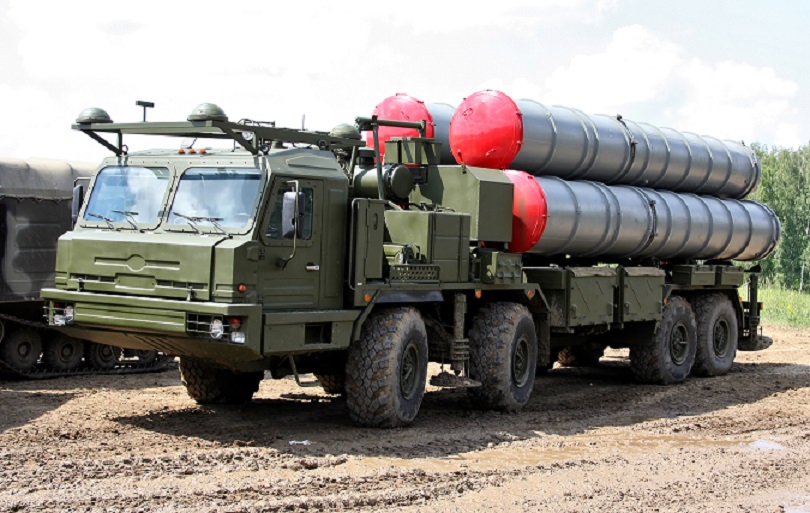This post is also available in:
 עברית (Hebrew)
עברית (Hebrew)
By ARIE EGOZI
If someone needed another sign that NATO was not effective, an obsolete organization that has not adapted to the changing world, Turkey has been making all the efforts not to leave any doubts about that.
In recent years, Turkey has proved that NATO was not what it used to be, and more important, that the US has lost any influence in the organization and in other areas too, with Syria as the most recent proof.
As if to demonstrate that Turkey is a NATO member only on paper this country announced that it will receive the first batch of Russian-built S-400 anti-aircraft missile systems in 2019.
“The first delivery of S-400s will take place in 2019,” a Haber TV channel quoted Turkish Defense Minister Nurettin Canikli as saying during a meeting of the inter-parliamentary commission for the budget.
On September 12, Turkish President Recep Tayyip Erdogan said Ankara had
signed an agreement with Moscow on buying the S-400 systems, with an advance payment already made. On November 2, Director General of Russia’s Rostec corporation Sergey Chemezov told TASS that the contract with Turkey on the sales of S-400 systems exceeded $2 bln. Turkish Undersecretary for Defense Industry Ismail Demir said the delivery of S-400s would begin within two years. On November 11, Turkish Defense Minister Nurettin Canikli officially announced that the issue of purchasing Russia’s S-400 systems had been sorted out.
Russia’s S-400 Triumf is the latest long-range anti-aircraft missile system that went into service in 2007. It is designed to destroy aircraft, cruise and ballistic missiles, including medium-range missiles, and surface targets. The S-400 can engage targets at a distance of 400 kilometers and at an altitude of up to 30 kilometers.
Deputy Commander of Russia’s Aerospace Force Viktor Gumenny said last April that Russia’s S-400 air defense systems had begun receiving missiles capable of destroying targets in near space.

iHLS Editor-in-Chief


























